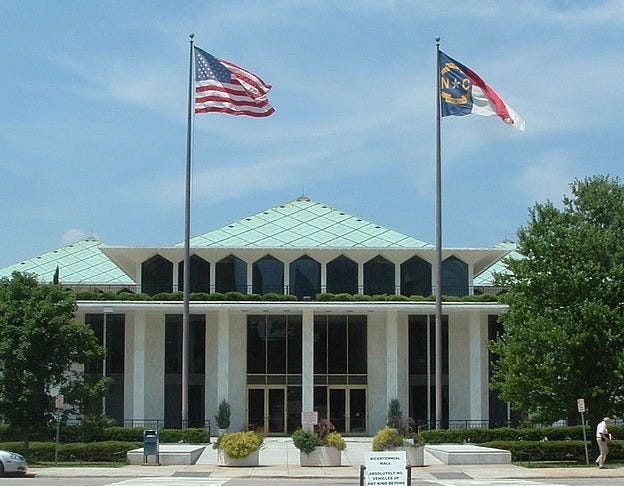Statewide Housing Reforms Stalled
A post-crossover breakdown and refocus on why HB 765 and local action still matter
Last week marked a major checkpoint at the NC General Assembly: the crossover deadline, the point by which most bills must pass at least one chamber to stay alive for the rest of the legislative session.
For pro-housing advocates, it's the moment where clarity sets in.
Some promising proposals moved forward. Many other housing reforms we were excited to see filed did not. And one major omnibus bill — HB 765 — is carrying the weight of many reforms we still believe in.
Let’s start with what made it across the line, and what didn’t. Here’s a snapshot of the housing and zoning bills we’ve been tracking



